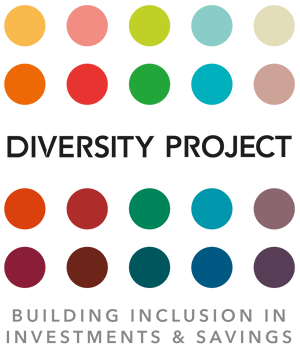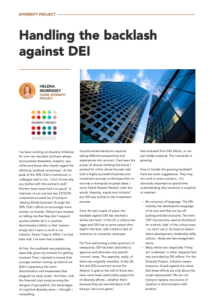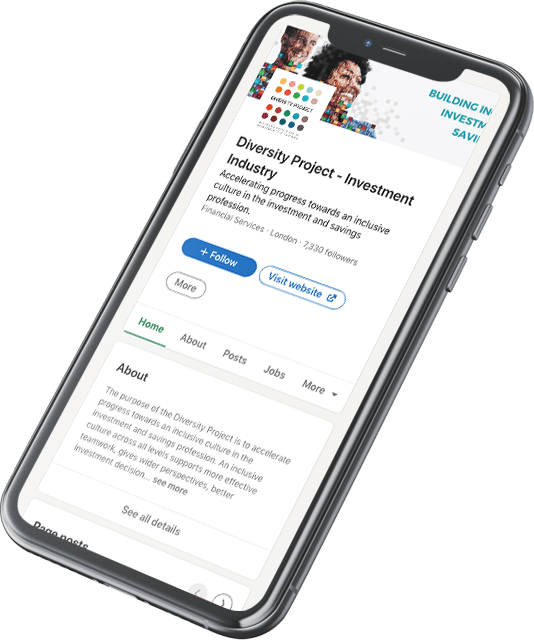
Michael Blighe from our Disability workstream shares a story about being a parent of a child with additional needs and what this has meant for him and his family. Michael has 3 children – two boys (8, 6) and a girl (4). Like many families, his home is busy and typical in many respects.
In other ways, it is different. Michael’s son, Iarla (6), is autistic and visually impaired.
Michael says,
“At first, Iarla seemed absolutely fine, albeit a little more challenging than our eldest boy at the same age. It was only when we noticed something unusual with his eyes around age 2, that we began investigating. Within the space of 6 months, we learned that he was autistic and had a very rare genetic eye disease.”
Iarla was referred to hospital for urgent investigations into his eyesight. He received care from numerous consultants given the rarity of his condition, and ultimately travelled abroad for surgery. His left eye was inoperable, and he is now blind in that eye. With some ground-breaking surgery, over many months, his right eye is currently stable. He has a reasonable level of vision, but there is a high risk of him losing this at some point during his life, and we remain under the continuous care and monitoring of our consultants.
Along side all of that, the family were meeting psychologists and other therapists as they attempted to understand his autism. This was a complete shock for us and not something we saw coming at all. But it would eventually explain a lot of the challenges we had with Iarla from birth.
This was a frantic time in our lives. We worried about his future. We wondered would he ever get an education. We were extremely fearful about what would happen to him if he lost his remaining vision. Getting a decent education, getting future employment, is challenging enough when you are autistic. How would some who is also blind ever stand a chance of having a decent quality of life?
The toll on Michael’s family has been immense, with some very difficult times over the past few years. Thankfully, they have a wide support network, all of whom were vital at different times and will continue to need that support in the future
Family life over the past few years has been extremely restricted as they could not bring Iarla anywhere outside of the family home without it causing significant challenges and, ultimately, causing significant distress for Iarla. These restrictions impacted all of them, but particularly the other children as they simply could not do what most families consider to be normal activities.
Thankfully, three years on from the initial diagnoses, his vision remains stable, and they have a much greater understanding of autism, of him as an individual. Iarla is in school and progressing extremely well. He still has many challenges, but he is in an environment with people who understand him and work with him to ensure he gets his education.
In the past year, the arrival of an assistance dog (Toto) has made a big impact on their lives. Suddenly, what seem like normal family activities to most people, are now open to us. Simple things – a walk through a park, a trip to a playground. They simply could not do these things before Toto.
Michael says that as a father, “I worry constantly about Iarla. I worry about his future. But I am hopeful. I see a lot of kindness in the community, a willingness to understand neurodiversity and disability, to understand how we can become a more inclusive society”.
“I am not naïve and there are many challenges ahead. Our situation continues to change as Iarla grows, and we continue to learn, adjust, and try to move on”.
“Iarla is still young and I am hopeful that, across our society, the understanding of disability and neurodiversity will continue to improve”.
We found the following websites useful and would like to share with you – www.autism.org.uk and www.rnib.org.uk . If you are keen to reach out to me then please contact me at [email protected].




